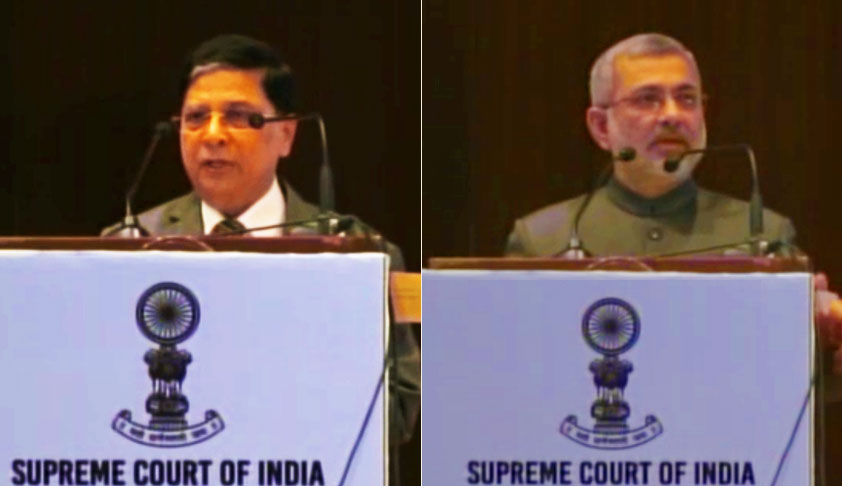Age Of Retirement Of Judges At All Levels Of Judiciary Be Increased To 70 Years: Justice Kurian Joseph
Mehal Jain
27 July 2018 9:53 PM IST

Next Story
27 July 2018 9:53 PM IST
Amidst talk of introducing a Bill to raise the retirement age of Supreme Court and High Court judges, Supreme Court Judge Justice Kurian Joseph on Friday suggested that the age of retirement of judges at all levels of the judiciary be increased to 70 years. He advanced that there be no disparity in retirement ages of the judges of the apex court, the High Courts as well as the...
